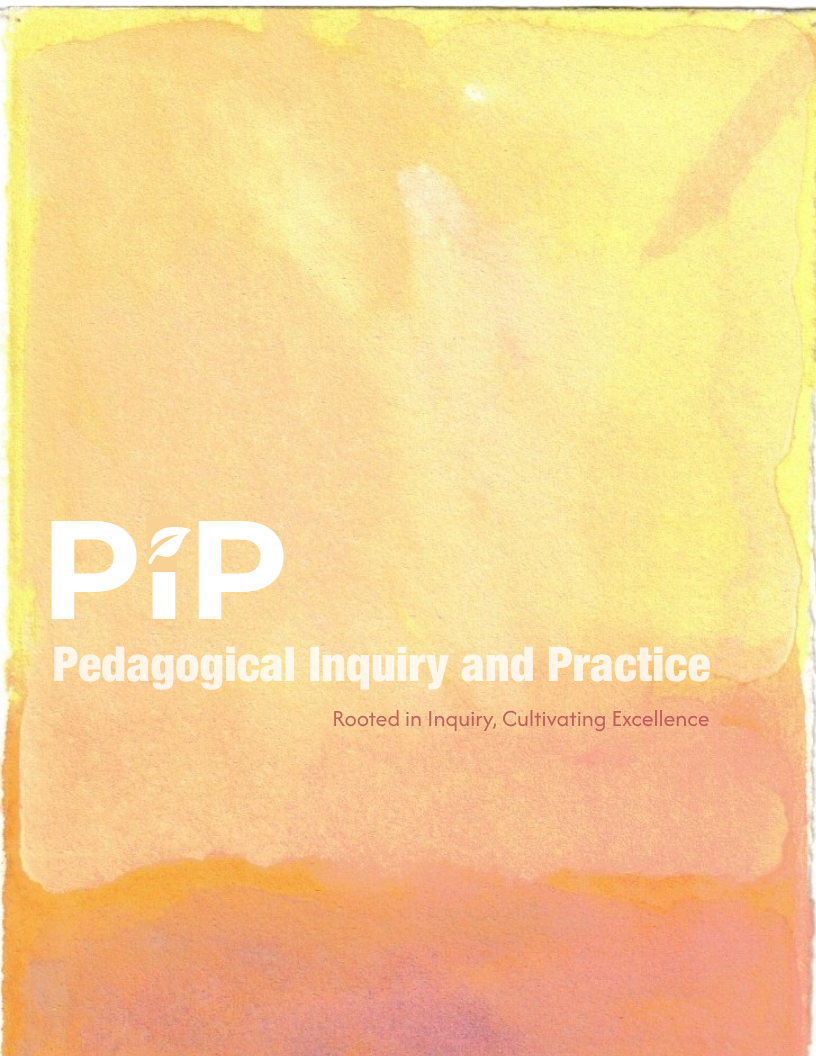Experiences with Experiential Learning: Learning from Our Own Experiential and Conceptual Insights
DOI:
https://doi.org/10.31542/7dfgf661Keywords:
Experiential learning theory, Kolb, emotional intelligence, learning, postsecondaryAbstract
Universities have been moving for decades toward experiential learning, evidenced by the rise of co-operative education programs, study abroad, and the integration of community partners into university course projects. Yet, experiential learning can also be enacted by faculty and students on a smaller scale. Immersing students into new experiences is an excellent base for learning, but it must be supported by other learning elements as well (e.g., critical reflection, integration with abstract concepts, application of new insights). According to experiential learning theory, it is the process of navigating dialectical tensions in connecting and transforming insights from both experience (feeling) and thinking (abstract concepts) that lies at the heart of learning. The experiencing and applying aspects of the learning cycle can be accomplished in many different ways, as can the reflection and thinking aspects of the cycle, and the process of moving through all four modes can be supported by faculty who can flexibly adapt and join students in a learning journey. In this SOTL conversation, we, a mature student with rich life experiences and diverse educational experiences (Linda) and a faculty member educated in experiential learning theory (Tiffany), explore some of our own experiences enacting experiential learning and reflect on what we’ve found contributes to an integrative learning experience. Along the way, we discuss our views on how emotional and social intelligence competencies can support the learning process.
References
Downloads
Published
Issue
Section
Categories
License
Copyright (c) 2025 Pedagogical Inquiry and Practice

This work is licensed under a Creative Commons Attribution-NonCommercial 4.0 International License.


